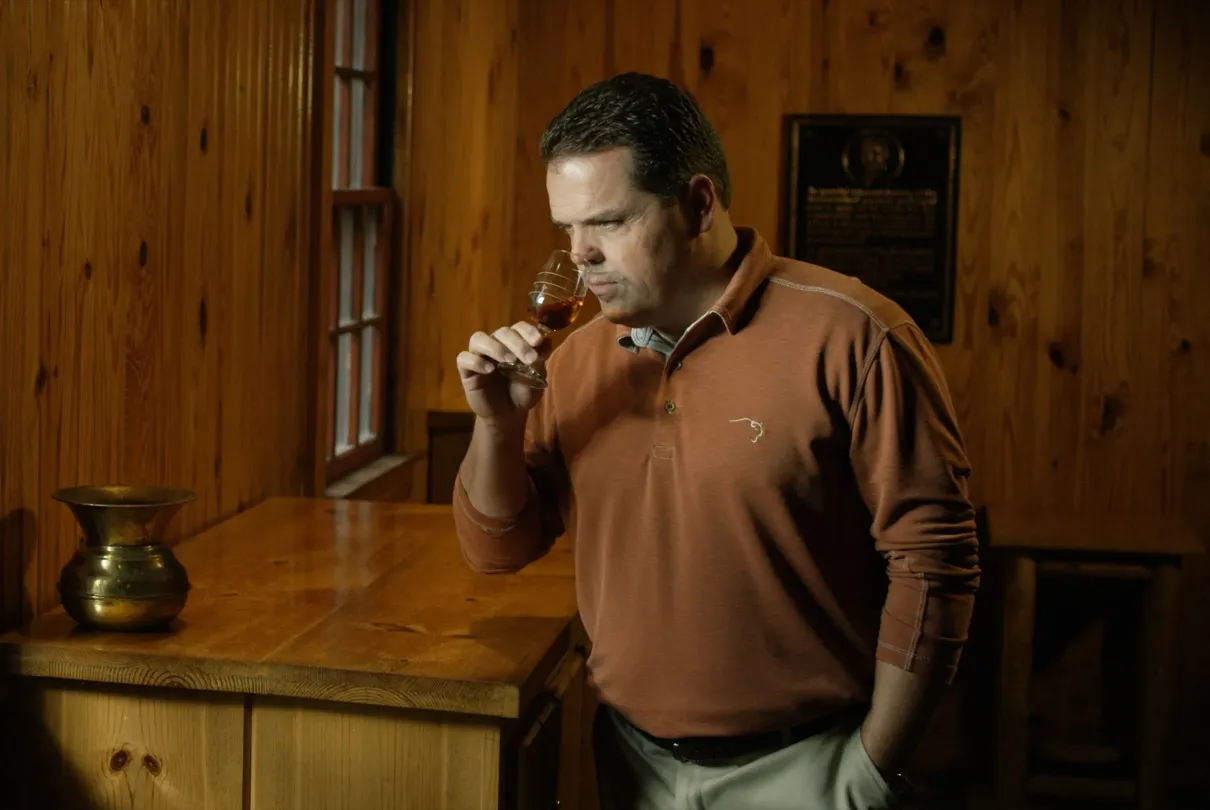What Does a Master Distiller Do?

The role of a master distiller holds a special mystique. These individuals are responsible for overseeing the entire distillation process, managing the art and science of transforming raw ingredients into world-class spirits. But what exactly does a master distiller do? Today we are talking about the responsibilities, skills, and artistry that define this prestigious position.
1. Guardians of Tradition and Quality
At its core, the role of a master distiller is about maintaining the quality and character of a brand’s products. From classic bourbons to innovative new whiskeys, master distillers ensure each batch aligns with the brand’s standards. They often inherit traditional recipes and production techniques that date back generations, meaning they serve as the guardians of a company’s legacy.
2. Ingredient Selection and Sourcing
Master distillers are deeply involved in selecting and sourcing ingredients, particularly the grains (corn, rye, barley, and wheat) and yeast strains that define a spirit’s flavor. They work closely with farmers and suppliers, often requiring specific varieties of ingredients to meet their brand’s profile. Each choice impacts the taste, mouthfeel, and even aroma of the final product.
3. Overseeing the Mashing and Fermentation Process
Once ingredients are selected, the next step is mashing, where grains are milled and mixed with water to create a mash. Master distillers supervise this process, ensuring the right temperatures and timing to extract fermentable sugars. The mash is then fermented, typically with a proprietary yeast strain unique to the distillery. Master distillers monitor the entire fermentation process, which is critical for developing the spirit’s flavor profile.
4. Distillation Precision
Master distillers are also hands-on with the distillation process itself. Distilling separates alcohol from the fermented mash through boiling and condensation, concentrating it into the desired proof and purity. Master distillers oversee every aspect, from heating the still to selecting the heart cut, the portion of the distillate that will go on to aging. A keen understanding of chemistry and engineering is essential here, as they must know how to manipulate temperatures, pressures, and cuts to achieve a consistent and quality result.
5. Barrel Aging Expertise
For spirits like whiskey and bourbon, aging in barrels is essential to develop complexity and character. Master distillers decide on barrel types, char levels, and aging conditions (like temperature and humidity) that will best influence the spirit. They often perform regular tastings to track the aging progress, deciding when a barrel has reached its peak flavor. This part of the job can involve a lot of patience, as aging may take years or even decades.
6. Blending and Bottling Decisions
While some distilleries offer single-barrel products, many rely on blending multiple barrels to create a consistent product. Master distillers oversee this blending process, selecting barrels with complementary profiles to achieve a balanced final product. They also make decisions regarding proofing, where water is added to bring the spirit down to bottling strength. It’s a delicate balance, requiring both a refined palate and an understanding of chemistry.
7. Innovation and Experimentation
Many master distillers also drive innovation at their distilleries. They experiment with new recipes, unique barrel types, and novel production methods. As consumer tastes evolve, they’re tasked with creating products that push boundaries while maintaining quality. Experimental releases can sometimes become part of the permanent lineup or inspire new directions for a brand.
8. Brand Ambassadors
Finally, master distillers often serve as brand ambassadors. They attend tastings, tours, and industry events, sharing the story and passion behind each bottle. These interactions allow them to educate consumers and enthusiasts on the artistry of distillation and the nuances of their products. This public-facing role has grown significantly, as distilleries recognize that consumers value personal connections with the artisans behind their favorite spirits. I’ve seen them signing bottles at conventions and festivals. They are the industry’s Rock Stars.
Skills of a Master Distiller
Becoming a master distiller requires a mix of skills in chemistry, engineering, sensory evaluation, and creativity. But perhaps most importantly, it takes a refined palate honed over years of tasting and working with spirits. Many master distillers have backgrounds in chemistry or fermentation science, while others have learned the trade through apprenticeships and years of hands-on experience.
Master distillers hold a unique role, blending technical expertise with a deep respect for tradition and innovation. Their work is essential to creating the high-quality, memorable spirits enjoyed around the world. Next time you pour a glass of your favorite whiskey or bourbon, consider the dedication and craftsmanship of the master distiller behind it—it’s their skill and artistry that transforms simple ingredients into something extraordinary.

Leave a Reply
Become an insider and receive weekly advice, tips, and insight on all things whiskey
.
Weekly tips, reviews and recommendations to help you enjoy whiskey life to the fullest.
JOIN THE LIST
Sippin' With Jordan Davis
sippin' with the stars
Million Dollar Cowboy Bar WY
old fashioned aF
5 Steps To Sip and Savor Whiskey
whiskey 101
COMMENTS